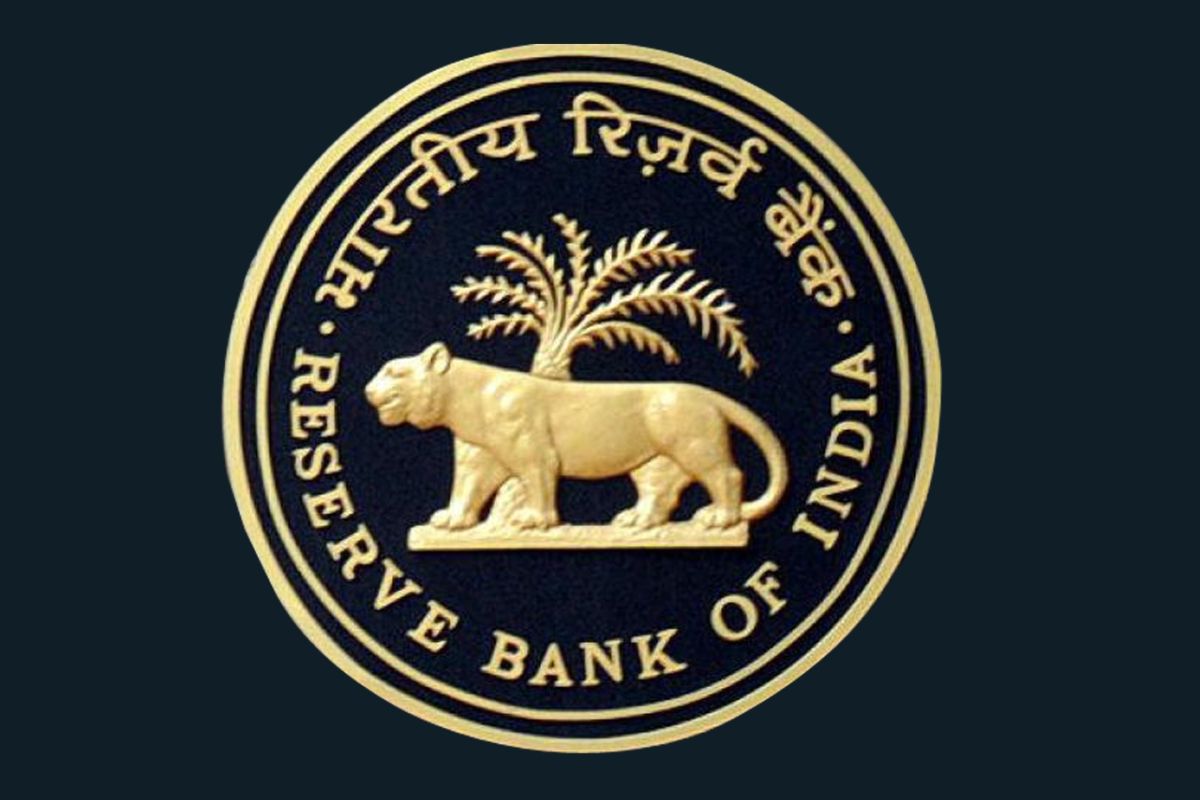With all eyes on the annual report of the Reserve Bank of India on growth on Thursday and its surplus transfer to the government and a host of measures announced by the government to revive the economy and also decisions to boost FDI, broking house CLSA has said the government seems to be favouring an interventionist approach to revive growth.
“There were weak activity trends in July and the government and RBI action could help. The government seems to be adopting a more interventionist approach to revive growth. RBI helping on the monetary and fiscal sides can be a good support,” CLSA said on the India Strategy.
Advertisement
It further added that contraction deepened in auto volumes and credit growth has also weakened but there are small positives with a better monsoon and steady petrol consumption growth. CLSA said the sustained improvement in housing could drive economic growth revival.
On Wednesday, India Ratings, a Fitch group firm lowered GDP growth forecast to 6.7 per cent for FY20. The rating agency expects FY20 to be the third consecutive year of subdued growth led by a slowdown in consumption demand. It expects GDP growth to recover to 7.4 per cent in the second half of FY20. The downward revision of growth by the domestic rating agency comes days after Moody’s Investors Service had cut the GDP growth forecast for 2019 calendar year to 6.2 per cent from the previous estimation of 6.8 per cent.
IndRa expects FY20 to be the third consecutive year of subdued growth pushed by a slowdown in consumption demand, delayed and uneven progress of the monsoon so far, a decline in manufacturing growth and inability of Insolvency and Bankruptcy Code to resolve cases in a time-bound manner.
The next package as per officials is for the realty sector which has been hit hardest due to current slowdown and credit crunch due to NBFC issues. Some key takeaways from Finance Minister Nirmala Sitharaman’s plan to revive the economy last week were – government rollback of enhanced surcharge on foreign portfolio investors levied in the Budget after they pulled out Rs 23,000 crore from the equity market in July and August, as the Budget proposal to levy a surcharge on higher tax-income groups affected 40 per cent of FPIs, operating as trusts or AoPs, and made investment in Indian equities unattractive.
BS-IV vehicles bought before March 31, 2020, will remain operational for their full period of registration. Further, Sitharaman also deferred the decision to hike the one-time registration fee on vehicles until June 2020.
She also lifted the ban on the purchase of vehicles by government departments, and allowed an additional 15 per cent depreciation, taking it to 30 per cent, on vehicles acquired from now till March 2020. The finance minister further said that banks have decided to pass on RBI rate cut benefits to borrowers through MCLR reduction.
Further, banks will launch repo rate and external benchmark-linked loan products that will lead to reduced easy monthly instalments for housing, vehicle and other retail loans. The government on Wednesday announced a host of FDI reform measures including the most demanded easing of 30 per cent local sourcing norms in single-brand retail and permitted 100 per cent FDI in all coal sector activities, while six per cent FDI in digital media has been allowed. Sitharaman said reform is a continuous process for the government and it tops the agenda.











